To All the Boys I’ve Loved Before meets Pride and Prejudice? Yes, please!
Priyanka Taslim is our first guest author of 2023, and her exploration of intersectional South Asian Muslim identity in this rom-com is evocative and beautiful. Zahra Khan is a Bangladeshi American teen in New Jersey who’s planning on working long hours this summer at Chai Ho to save up money for college writing courses. But then her meddling mother Amma arranges a meet cute—“good match,” Jane Austen-style—to secure their family’s financial security—just as she’s falling in love with someone else: Nayim Alta, the tea shop’s dishwasher. Her mother though, has her meeting with Harun Emon, who’s handsome, wealthy—and annoying. So when Zahra finds out that Harun is just as uninterested in this match as she is, they decide to slowly sabotage their parents’ plans. And for once in Zahra’s life, she can have her rossomalai and eat it too: “dating” Harun and keeping her mother pleased while getting to know Nayim. Or so she thinks, because life—and boys—can be more complicated than Zahra realizes.
Priyanka Taslim is a Bangladeshi American writer, teacher, and lifelong New Jersey resident. Having grown up in a bustling Bangladeshi diaspora community, surrounded by her mother’s entire clan and many aunties of no relation, her writing often features families, communities, and all the drama therein. Her writing usually stars spunky Bangladeshi heroines finding their place in the world—and a little swoony romance, too.
Read on for our exclusive interview with Priyanka Taslim about writing YA versus adult romance, writing to the challenges that eldest daughters from immigrant families deal with, and her upcoming adult novel.
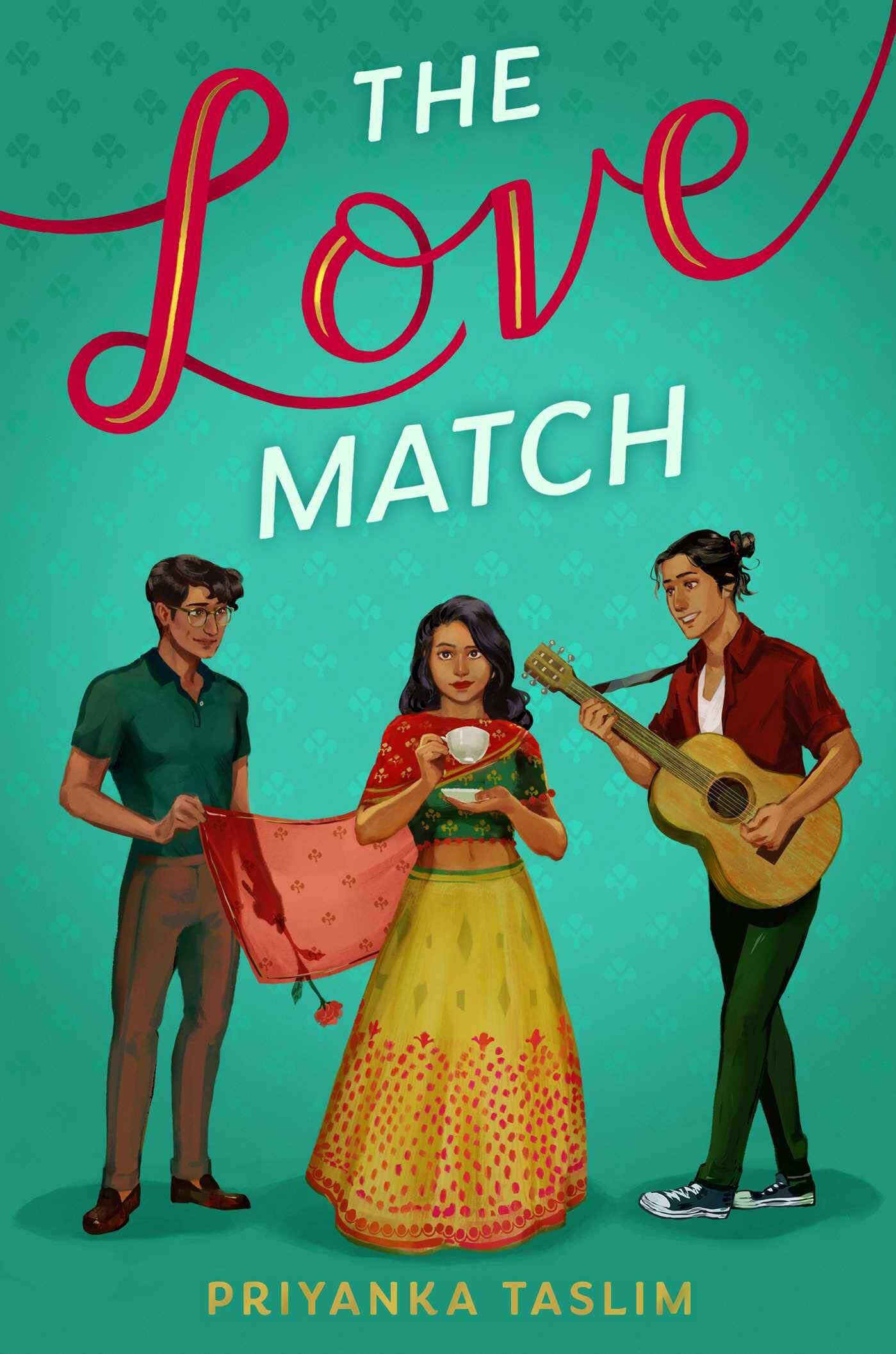
What inspired The Love Match to be YA versus adult romance for you as a writer?
I know sometimes readers are confused that I chose to have a book with the relatively adult topic of families arranging matches in the YA sphere. I was a little cautious myself about the messages that I wanted readers to take from that, but I’ve seen so much negative media, often not even by creators with lived experience, about these topics—so many books about brown girls forced into these situations—that I wanted to subvert that a little bit and approach it with a little more nuance than outright villainous parents. A minor spoiler that I don’t think ruins the book is that Zahra doesn’t marry anyone in it—instead, she learns a lot about herself and learns to follow her heart.
I could have explored that within an adult romance as well, but as a high school teacher, there were other themes that I wanted to touch on that felt strictly teen and reflected the experiences of many of the students I’ve had over the years. I’ve taught predominantly Black and brown students who take on burdens that I didn’t frequently see reflected in characters of YA romances. Many of those books deal with characters trying to get into a specific college, which is great, but there’s often this subtly pronounced privilege. Zahra, like many of the students I’ve had, is working to help her family financially, feels responsible for her younger siblings, and has to defer acceptances to her dream school simply because she can’t afford it. Many people will say, “Teens shouldn’t have to deal with being put in such adult roles in the first place,” and that’s true, but it doesn’t change the fact that many, many do, particularly oldest daughters in immigrant families. I felt it was important for teens in those very real situations to still see themselves in escapist romances where the protagonist is worthy of love, tropey scenes straight out of movies, and happily ever afters. I hope they’ll see themselves in Zahra.
The Love Match has been described as Jane Austen intersecting with South Asian Muslim identity. What was your favorite thing about entwining these two dynamics?
I have always felt like South Asian (especially South Asian and Muslim) reimaginings of Austen novels can best address the themes of the originals in a modern setting, because modern Desis/Muslim elders still often care about making “suitable” matches. The Love Match isn’t strictly a retelling. What I set out to do was to write a book more in the spirit of an Austenian comedy of manners rather than just transplanting the original characters to a new setting and following the beats exactly. I felt like the obligations that Elizabeth and other Regency heroines feel to their families could be explored in a really intriguing way through the lens of an eldest daughter in a Bangladeshi family, like Zahra, who could provide readers with social commentary about the internal politics of her community. I think because I didn’t want to simply retell the story, it was particularly fun and challenging coming up with innovative ways to tell the story.
Was it a surprise how the story unraveled for you?
Definitely! One of the biggest differences between The Love Match and Pride and Prejudice is that P&P doesn’t have a true love triangle. There are various suitors vying for Elizabeth and the other Bennet sisters’ hearts—or something else—but there’s a reason readers are loyal to Mr. Darcy. George Wickham ends up kind of sleazy and Mr. Collins is a major bore.
In my case, while Harun is a bit of a Mr. Darcy and butts heads with Zahra because she finds him difficult to understand, there’s a reason she falls for Nayim. He’s charming and handsome and believes in her. Like Zahra, I was really torn between which boy Zahra should choose, if either, and flip-flopped on the endgame a few times—but ultimately, I’m really content with where the story ended up.
Were Harun or Nayim based on real-life boys?
Ha, I wish! The two of them, like most of my characters, have a little bit of me in them and are also amalgamations of various people I know in small ways—but mostly, they’re meant to represent two different ways a Bengali boy might be based on the hundreds of male love interests I’ve read about who’ve never gotten to be Bengali. I grew up in the golden age of love triangles, when books like Twilight and The Hunger Games were all the rage, but the idea of a girl like the teen I was at the center of one, or the boys being anything but two variations of white guys, was an impossible thought back then. That’s why I’m glad I got to write artsy, soulful musician Nayim and broody, secretly sensitive, math nerd Harun. It’s a dynamic that I’m sure feels familiar, which was intentional, but I think it’s also a tiny bit of a revolution.
What do you want a reader to take away from this book?
When I was a teen, I never felt like the books I loved were written for brown girls from working-class families like me. It seemed like the majority of books that were about South Asian or Muslim characters explored internalized hatred toward these identities or bigotry from the outside world, so I couldn’t escape into them.
Things are, thankfully, changing. That’s why I hope readers will pick up The Love Match and feel like they’re worthy of so many things—worthy of feeling beautiful, worthy of being protagonists, worthy of being loved, all of the things that teenage Priyanka thought she couldn’t be.
I hope the book feels like a warm hug or soothing cup of tea to anyone who’s ever felt other.
What do you read to get inspired?
I love to read across genres and categories, but of course, have been reading a lot of romances recently, which are excellent. I also like fantasy novels, especially if they have strong romantic elements, and every once in a while, a funny middle grade novel is just what I need to break out of a reading slump.
What are you currently working on?
I’m currently working on my next YA romance, which I hope I can share details about soon. I also got to recently announce my adult debut, From Mumbai, with Love, which follows a heroine who learns about an estranged family across the world after losing her mother and must then find out how she fits into it. I think readers who enjoyed the explorations of family in The Love Match will hopefully enjoy my next projects—which also feature romance, of course.
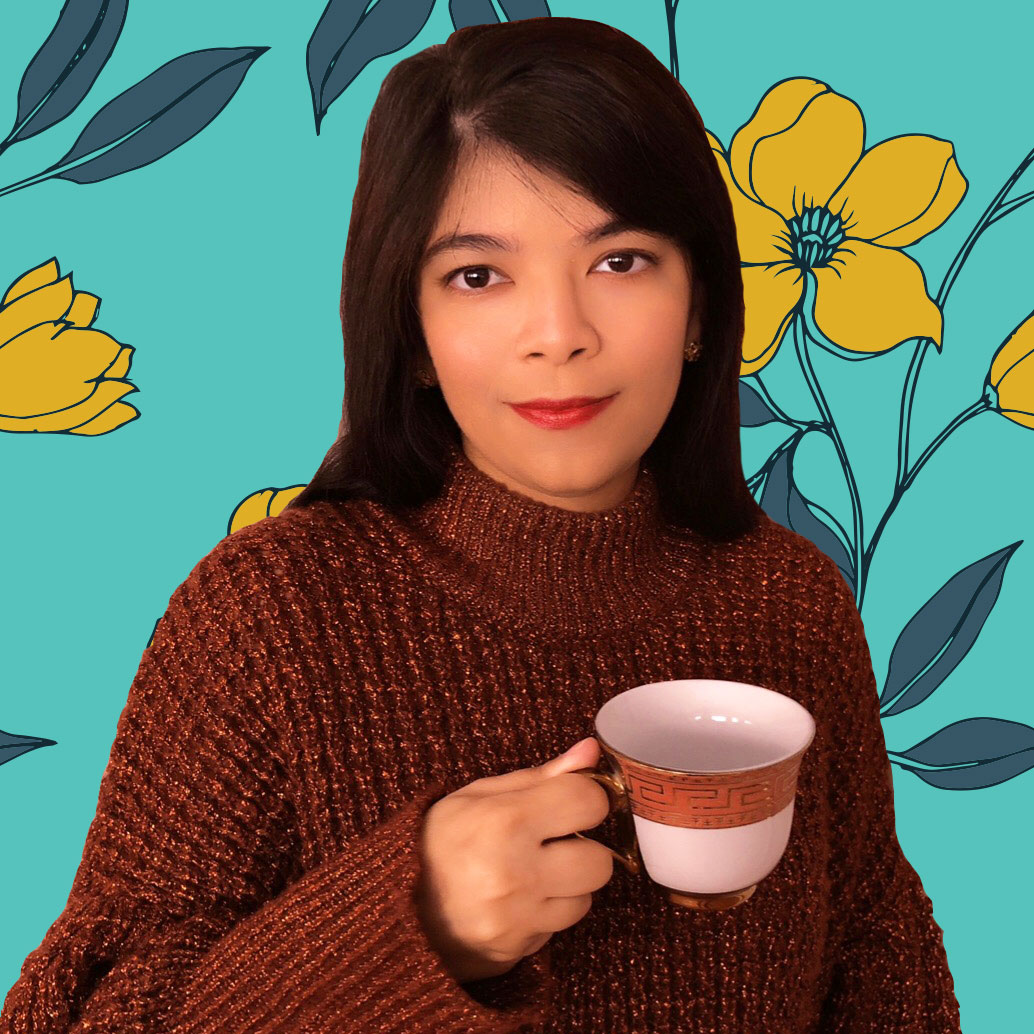
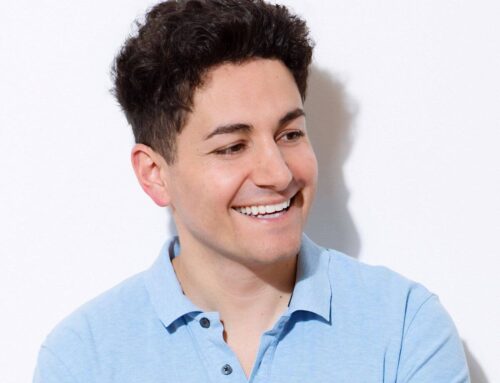
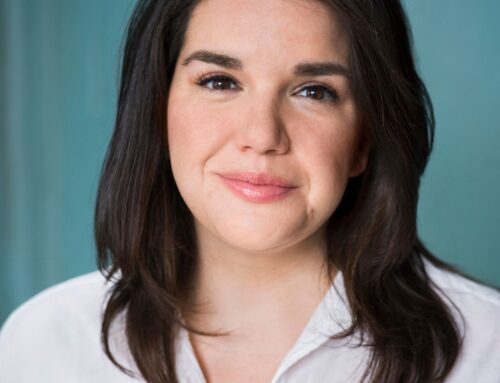

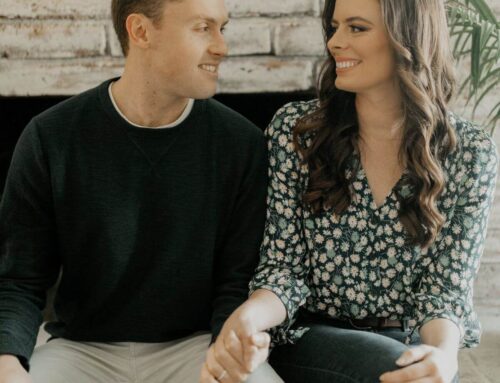

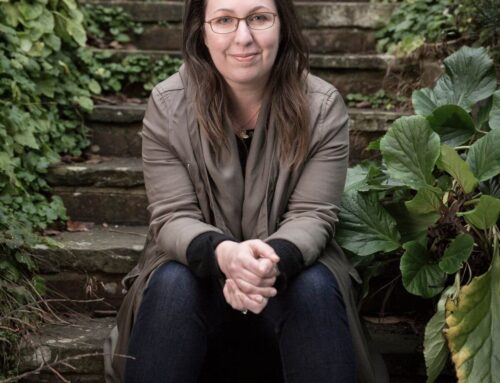
Leave A Comment